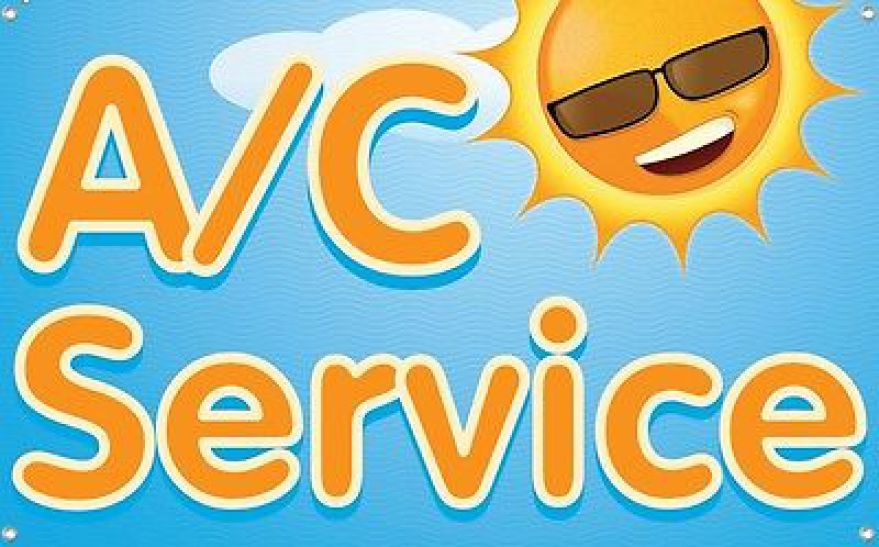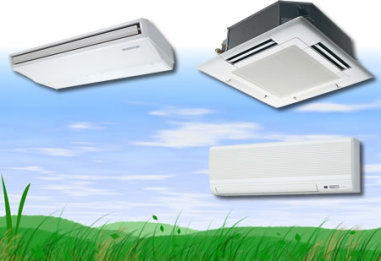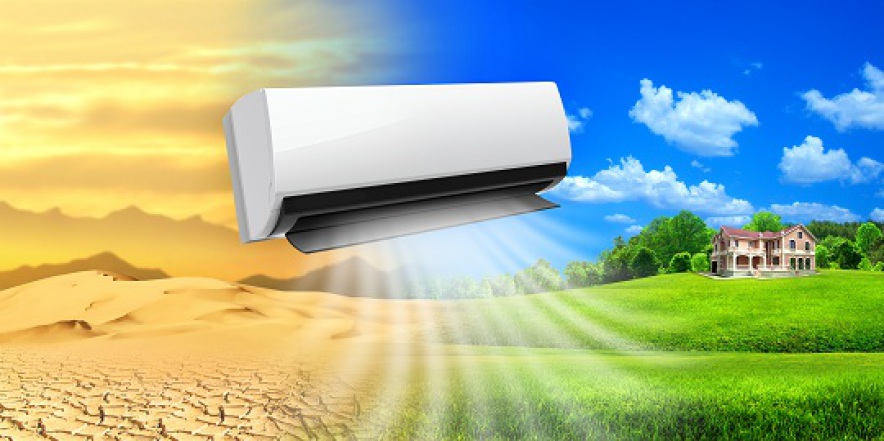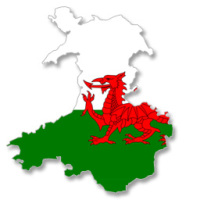07854 983 881
Office Air Conditioning South Wales
Air conditioning within office buildings are no longer a luxury, it is now an essential part of successful businesses. Indeed, most potential tenants will not be interested in an office building which does not have some form of Air Conditioning.
With our design experience and latest office air conditioning units, you can maintain a comfortable temperature to keep your hard working staff happier, more comfortable.
Our office air conditioning systems do more that just keep you cool in the summer. They can provide stable optimum working conditions involving both heat and cooling,
Most office air conditioning systems consist of outdoor ‘condenser’ units and indoor ‘air handling’ units. The indoor unit distributes cold, warm or humidified air to the designated area. These are connected to the outdoor condensing units with pipes through which coolant circulates.
REFRIGERATION & AIR CONDITIONING REPAIRS AND INSTALLATION
If you need any air conditioning product we can supply and install it for you. All special requirements can be designed and tailored specifically to meet your exact needs whether it be a refrigeration or an air conditioning system. Simply put, our job is to provide you with the heating and cooling solution that will meet your needs. We are confident that our professional approach and technical expertise, gained over the years will ensure what we design and install on your behalf is right for your business. We offer services to the private sector, office air conditioning, or industrial and commercial air conditioning. We also offer industrial and commercial refrigeration systems as well. Our after sales service and contract maintenance allows you to enjoy and concentrate on running your business safe in the knowledge that we will look after your air conditioning system. We are fully trained to f-gas regulations.
The big question: what kind of system do I want?
- A split-system: This type of air conditioner consists of a compressor unit that's installed outside, and one or more indoor air outlets. They're usually used to cool one or more rooms, or an open-plan area, of up to 60 square metres.
- Inverter technology: With conventional air conditioners, the compressor is either on (working to 100 per cent capacity) or off. Inverters can vary the compressor speed and maintain the set temperature within a narrow range. They are generally more efficient and can cost less to run, although a good conventional model can still be cost-effective.
- Cooling-only or reverse-cycle: Reverse-cycle models don't cost much more than cooling-only models and can be used for heating in winter. While the purchase and installation costs can be high, reverse-cycle air conditioners are actually among the cheapest and most effective forms of heating for large spaces. They cause less carbon dioxide to be produced in power plants burning fossil fuel than other kinds of electric heaters.
- Most split-systems are high wall models, where the indoor unit is mounted high on a wall so its air flow can easily blow across the room. You can also find floor-mounted models, where the indoor unit is wall-mounted but at floor level — this might better suit some rooms. Cassette models have the indoor unit mounted in the ceiling. A few models can be mounted in either the ceiling or the floor.
F-Gas Legislation
All types of commercial and domestic cellar cooling and refrigeration equipment contain fluorinated gases called "F-Gases". F-Gases are man made and are used in a number of different industrial and service sectors. The most commonly used are fluorinated hydrocarbons (HFC’s).
These were virtually un-used before 1990. Since then they have been used to replace Ozone depleting substances such as Chlorofluorocarbons (CFCs & HCFCs) in refrigeration and air conditioning equipment. They are not ozone depleting but contribute to global warming as they are 'green house' gases-i.e. gases in the atmosphere that reflect heat back on to the planet. Legislation came into effect in July 2007, specifying that operators of equipment with over 3Kg of F-Gas have to:
- Ensure all gas leaks are repaired using qualified and certified staff.
- Ensure all repaired gas leaks are checked within one month of the initial repair work being completed.
- Ensure all systems with 3 Kg of refrigerant are fully and professionally leak tested by qualified and certified engineers at regular intervals, as detailed in the regulations.
- Ensure systems a the end of their life have their refrigerant disposed of by qualified and certified engineers
.




